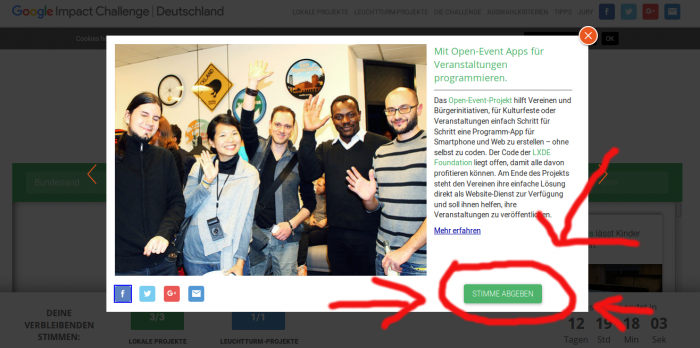Next steps to an Open Event Android Applications
This year also I’ll be working on the FOSSASIA Open Event project for Google Summer of Code 2016. It’s an honour to be working with such an elite team of people. We have 10 people working on Open event this time : 6 on the server and 2 each on the client apps ( Android and Webapp)
So what are our plans for this year, let’s have a look :
The system was basically setup last year but when used it for FOSSASIA 2016, we got to know the bugs it had and it was these bugs that made it unusable. for instance, the server had lack of permissions which allowed anyone to come and change data on the server which is why instead of using the server, we went with a spreadsheet and made a parser to convert the spreadsheet data into json files. So we made this Scraper that we used to create json files and commit them to github repo. We used this json as Github Api and made a website here that displays a neat schedule.
For the android app, since the json was not of the original format we used while building the server, it was buggy because it didn’t show data at a lot of places and we saw the need for many other features like live sessions, notifications for changes in timings, broadcasts from the organisers etc. That is why we have Open Event this time again as a GSoC project and it’s bigger this time with 10 students and almost as much mentors. Justin is heading the mentors team this time along with Mario to guide us into making the system perfect.
On the Android side me and Harshit Dwivedi will be taking care of everything. Since I was at FOSSASIA 2016, I talked to a lot of attendees and got to know their feedback therefore I know what all we need to include and will work really hard to make the system a success.
Adios till the next post!




